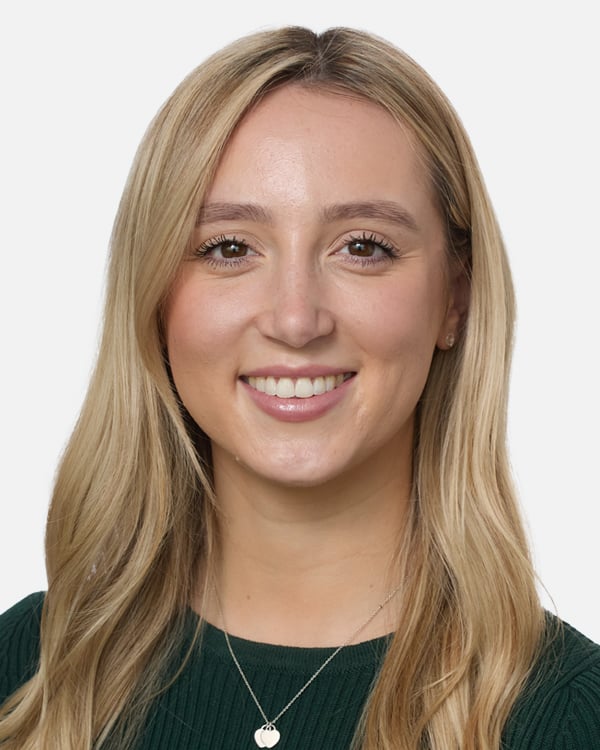New SFO Guidance on Corporate Self Reporting and Cooperation
The Serious Fraud Office (SFO) has published new guidance on corporate co-operation, which is intended to encourage corporates to self-report potential criminal misconduct to the SFO. The guidance can be found here.
The guidance provides that, if a corporate entity self-reports suspected wrongdoing and cooperates fully with an SFO investigation, it can expect to be invited to negotiate a Deferred Prosecution Agreement (DPA) rather than face prosecution, unless exceptional circumstances apply. While still conditional, this is the strongest indication yet from the SFO that it is willing to resolve criminal cases against companies using DPAs, rather than prosecutions, in return for co-operation. The aim is to provide greater certainty to corporates of what they can expect if they self-report and therefore to further incentivise them to do so. The guidance also helpfully sets out for the first time the timetable that the SFO would expect to follow in the event of a self-report.
Self reporting
The guidance provides that whether, when and how a corporate self-reports suspected offending is a key consideration when assessing the public interest in favour of a DPA. Likewise, a failure to self-report within a reasonable time is a specific public interest factor in favour of prosecution. What amounts to a reasonable time will depend on the circumstances. At a conference in London yesterday, Nick Ephgrave indicated that the corporate should consider self-reporting as soon as they have a reasonable suspicion that criminal conduct has occurred.
The guidance provides that a self-report should be made directly to the SFO Intelligence Division via a secure reporting form.
Crucially, a self-reporting corporate must go on to provide genuine cooperation to be eligible to be invited to negotiate a DPA. However, the guidance provides that the SFO will consider inviting a corporate to DPA negotiations, even if they have not self-reported, if they have provided exemplary cooperation with the investigations.
Co-operation
The guidance provides a non-exhaustive list of cooperative conduct, which includes proactive and prompt preservation of all digital and hard copy material likely to be relevant to the investigation, collection and identification of documents and information likely to be relevant to the investigation and presenting the facts on the suspected criminal conduct. As regards individuals, the guidance provides that cooperating corporates should assist with the provision of access to employees for the purposes of facilitating any interviews and ensure that, where appropriate, independent legal advice is made available to employees.
The SFO guidance also provides examples of what conduct they view to be uncooperative, which includes attempts to ‘forum shop’ by unreasonably reporting offending to another jurisdiction for strategic reasons, attempts to obfuscate the involvement of individuals, minimise and / or withhold the full extent of the suspected offending and attempts to overload the investigation by providing unnecessarily large amounts of material that might hinder the effectiveness of the investigation.
Internal investigations
The guidance recognises that responsible corporates may consider it necessary to investigate suspicions of suspected offending before a self-report in order to understand the nature and extent of any offending. However, the SFO does not expect a corporate to fully investigate the matter before self-reporting. If there is direct evidence of corporate offending, the SFO expects a corporate to self-report soon after learning of that evidence. If the position is less clear-cut some further investigation may be necessary.
Privilege
Specifically on the question of privilege, the guidance provides that corporates will not be penalised for maintaining a ‘valid’ claim of privilege over relevant material. However, it also makes clear that the SFO would consider a waiver of LPP to be a significant cooperative act as, in their view, it can help expedite matters.
Timetable following a self-report
Once a corporate self-reports, the SFO will seek to:
- Contact the self-reporting corporate within 48 business hours of a self-report or other initial contact
- Regularly update the self-reporting corporate throughout the process
- Make a decision on whether or not to open an investigation within six months of a self-report
- Conclude the investigation within a prompt time frame
- Conclude DPA negotiations within six months of sending an invite.
Conclusion
The new guidance is evolutionary rather than revolutionary in its approach to corporate self-reporting and co-operation. It provides the clearest guidance yet that co-operation in the form of a self- report or otherwise will result in a DPA rather than a prosecution, and provides a helpful and clear timetable for progression of the matter once a self-report has been made. Such clarity will be welcomed by corporates. However, it remains to be seen whether the new guidance and the assurances provided within it are sufficient incentive to encourage corporates to voluntarily report instances of misconduct and other compliance issues to the SFO. There is still no guarantee of a DPA if a corporate self-reports and the expectation to provide extension co-operation (including in respect of waiving privilege) appears to be unchanged. There also remains significant uncertainly around the extent to which a corporate can investigate allegations of wrongdoing before self-reporting to the SFO. It appears that such issues remain very fact specific and therefore in need of very careful consideration.








